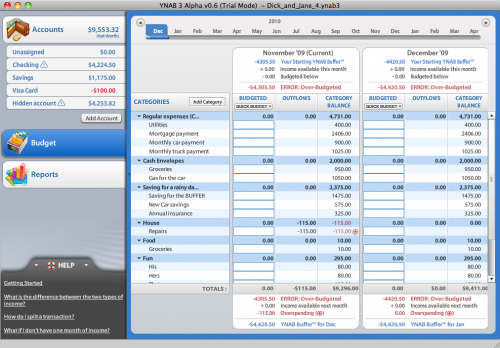

If you'll be printing or shipping anything, you'll have to factor in costs for postage, stationery, and printing. Utilities are another expense to budget for, which include lighting, heating, and telephone costs. The staff costs also need to be taken into consideration, which includes benefits, wages, insurance, and pension plans. You can break these down by the cost of the premises, which include municipal taxes, monthly rent, and service charges. The overhead costs or fixed costs also need to be included in the business budget. This includes the costs of materials, subcontractors, and components to make your product or supply your service. You'll also need to think about any direct costs of sales. It's better to be realistic and not overestimate, as this will cause issues in the future. You can start by asking yourself what the project sales might be for your budget period. The process doesn't necessarily need to be complicated, as you'll just need to figure out how much you think you'll earn and make in your budget period. This will help you designate resources where you need them so your company stays successful and profitable. The key to having success in a business is to form, monitor, and manage your budget. Solving problems before they become bigger.Giving out the right resources to projects.These include being better at the following: There are many benefits to creating a business budget. Budgets are an essential tool to help you control how much you're spending. It's common for money to begin in a variety of directions through the organization. You might need to split the budget up into different sections such as production, sales, and marketing. If you find your company grows, you won't always be able to interact with it as much and be hands-on with the daily operations. The best way to control your money is by budgeting, which lets you invest in any potential new business opportunities when it's appropriate. However, it is a smart idea to have a plan for the future of your business and fund those plans. New owners of small businesses can run their company in a way that's more relaxed and not find it necessary to set a budget. Is Budget and Business Planning Required for Small Businesses? A budget is the assumed plan for the future's outcome. This isn't a forecast, however, which is where you predict the future of your budget. It sets the outline for how much money you'll spend in your business and what you'll spend it on.
#You need a budget software how to#
How to Draft a Business Budget PlanĪ business plan budget example is smart to have when managing a company. Is Budget and Business Planning Required for Small Businesses? 2.


 0 kommentar(er)
0 kommentar(er)
